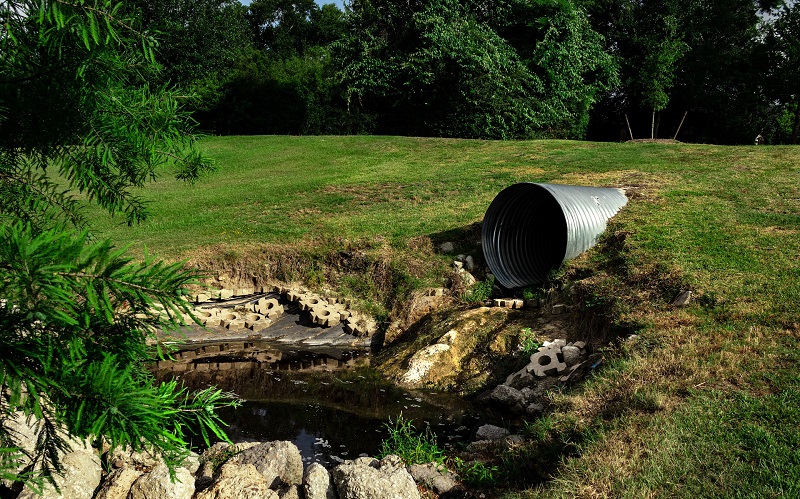When you wash your car, you don’t often think of the environmental repercussions it can have. The car wash wastewater can contain many harmful components such as oils, grease, solvents, detergents, petroleum hydrocarbons and other pollutants. So, if you do not properly manage and discharge it, it can be harmful to the environment.
Effects of Non Disposal of Wastewater
As the operator of a professional car wash business, it is part of your job to ensure the dirt and chemicals don’t harm the environment. So, what can you do to do this? To properly discharge the car wash wastewater make sure you follow all the rules and regulations and not violate the wastewater discharge limits. By abiding by the rules and regulations your business is subject to, you are sure to avoid any penalties and consequences whilst doing your bit for the environment.
As the effects of car wash wastewater discharge can be quite severe, the rules, guidelines and management practices vary quite a lot. Car wash owners can get the guidelines from the state and local offices of the Environmental Protection Agency (EPA), the Occupational Safety & Hazard Administration (OSHA) and the Water Department to help minimize the issue.
Types of System for Disposal of Wastewater
No matter what type of car wash you own, whether it is classified as conveyor, in-bay automatic, or a self-service system, all car wash facilities must dispose of car wash wastewater properly. According to the Clean Water Act, professional car washes must route their wastewater to state-approved drainage facilities or water treatment facilities that are designed to protect the environment. Your job is to determine if the storm drainage system in your area is separate from the sanitary sewer system. If the storm drain is separate, all types of wastewater will runoff from the roads directly into local streams and creeks without them treating it.
Thus, this is how the harmful chemicals from your car wash wastewater enter into the environment. However, if the you have connected the storm drains to the sanitary sewer system this system will carry the wastewater from your home or business. Then the treatment plant will clean it before releasing it into the environment.
Filtration of Wastewater
One important thing you can do as a responsible business owner is conduct filtration of the wastewater before you discharge it into the sanitary sewer. Filtration is a process that removes the solids that are present in the wastewater. This way you will actually discharge fewer solids into the sanitary sewer system. When filtration is complete, you will be left with a sludge that you must dispose of. You can dispose the sludge wet or dry, but wet sludge is considered to be special waste. You must handle and dispose special waste in accordance to EPA regulations.
To dispose of dry sludge, remove it from the car wash system and allow the water to evaporate. Drying and disposing sludge as general refuge is more cost effective. You should not leave car wash wastewater to soak into the ground because it may contaminate or harm the soil and groundwater. To prevent the discharge of contaminated wastewater into the environment you must capture and recycle as much wastewater as you possibly can. You can do that by using filters, oil-water separators, reclamation systems and other technologies available to you.
Conclusion
The result of not controlling the disposal of or treating the car wash wastewater is many undesirable substances entering streams, rivers, lakes, and land in one way or another that may be used or frequented by you, your family and your local community. Therefore, it is in your and your business’ best interest to avoid these issues and contact your closest EPA, OSHA, Water Department or Department of Ecology for the relevant permits and licenses to ensure you follow the rules, regulations and guidelines that apply to your car wash business.
Generally, a state business license is needed to conduct the general running of your car wash business and other business related functions associated with taxes, public safety, zoning and social impact. To comply with state and federal laws, you will also have to abide by certain environmental requirements.
The overall legal set-up process and the paperwork involved in your car wash business can be quite a tedious task, so why not take a look at our DetailXPerts Franchise Opportunities. As a franchisee with DetailXPerts you will benefit from our industry knowledge and business expertise, including our support on car wash wastewater discharge procedures.
Enjoyed this post? Sign up for our newsletter to receive more valuable business and franchise info, ideas, and extras!





